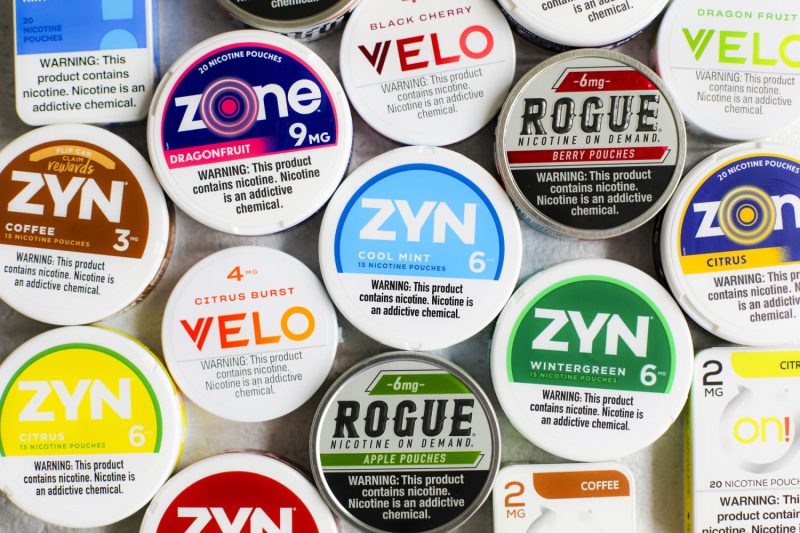Philip Morris International, a leading tobacco company, has recently announced plans to invest a substantial amount of $232 million to expand production of its smokeless tobacco product, Zyn, at its facility in Owensboro, Kentucky. This strategic move signifies the company’s commitment to capitalize on the growing demand for smoke-free alternatives and reduce its dependence on traditional cigarette products.
The investment is projected to create around 300 new jobs at the Owensboro plant, demonstrating Philip Morris’ contribution to the local economy while addressing the shifting preferences of consumers towards less harmful nicotine delivery methods. Zyn, a popular nicotine pouch product, has gained traction among adult users seeking tobacco-free options that provide a satisfying and discreet experience.
This expansion comes amid Philip Morris International’s broader efforts to transform its business and align with evolving consumer behaviors and regulatory trends. With increasing regulations and public health initiatives aimed at reducing smoking rates, the company has been investing in developing and commercializing innovative products that offer reduced-risk alternatives to smoking.
By investing in the production capacity of Zyn, Philip Morris is positioning itself to meet the rising demand for smokeless tobacco products while diversifying its product portfolio. This strategic diversification strategy is essential for the company to adapt to changing market dynamics and reduce its reliance on traditional cigarette sales, which have been declining in many markets globally.
Moreover, the substantial investment in Owensboro highlights Philip Morris’ confidence in the potential of Zyn as a key growth driver in the smokeless tobacco segment. With its focus on quality, innovation, and sustainability, the company aims to maintain a competitive edge in the market and capture a larger share of the growing smoke-free products industry.
In conclusion, Philip Morris International’s decision to invest $232 million in expanding Zyn production at its Kentucky plant underscores a strategic shift towards less harmful and innovative nicotine products. By prioritizing the development of smoke-free alternatives and expanding its manufacturing capabilities, the company is staying ahead of the curve in meeting evolving consumer preferences and regulatory requirements. This investment not only benefits the local economy by creating job opportunities but also positions Philip Morris as a key player in the rapidly changing landscape of the tobacco industry.
